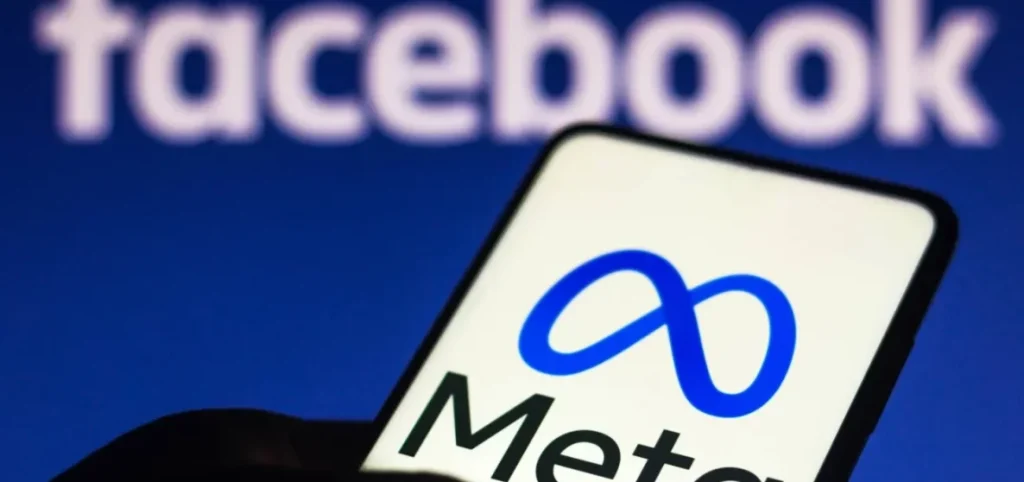Meta Platforms Inc., the parent company of Facebook, Instagram, and WhatsApp, reportedly earns around $7 billion annually from scam and high-risk advertisements running across its platforms. According to internal documents obtained by Reuters, Meta displays approximately 15 billion high-risk scam ads daily, raising serious concerns about its ad monitoring and enforcement systems.
The documents indicate that while Meta’s systems frequently identify suspicious advertisers, the company only bans them if its automated tools are 95% certain that fraud is occurring. When the level of certainty is lower, instead of blocking the ads, Meta increases advertising rates, effectively profiting from suspected scam advertisers.
This means that users who engage with scam ads are more likely to see even more of them, as Meta’s ad algorithms continue to recommend similar content based on user engagement behavior.
Scam Ads Account for 10% of Meta’s 2024 Revenue
According to the internal analysis, scam and prohibited advertisements contributed roughly 10.1% of Meta’s total 2024 revenue, translating to about $16 billion. Employees internally referred to this income as “violating revenue,” highlighting its link to ads that breach company policies or local laws.
The documents further reveal that Meta imposed limits on the financial impact of its fraud-prevention actions. Enforcement teams reportedly could not take any action that might cost the company more than 0.15% of total revenue, approximately $135 million of its $90 billion revenue in the first half of 2025.
Meta’s Response: “A Selective View”
In response, Meta spokesperson Andy Stone stated that the report offers a “selective view” of Meta’s operations and exaggerates the problem. He described the 10.1% estimate as “rough and overly-inclusive,” claiming it also counted “many legitimate ads.”
“We aggressively fight fraud and scams because people on our platforms don’t want this content, legitimate advertisers don’t want it, and we don’t want it either,” Stone said.
He added that Meta reduced global scam ad reports by 58% in the past 18 months and removed 134 million scam ad posts in 2025 alone.
Despite this, internal Meta research reportedly found that its platforms remain deeply involved in global fraud activity. A May 2025 safety report revealed that Meta’s platforms were tied to one-third of all successful scams in the U.S., while another internal review concluded that it’s “easier to advertise scams on Meta than on Google.”
Global Regulators Step In
The U.S. Securities and Exchange Commission (SEC) is reportedly investigating Meta’s role in enabling fraudulent ads. Similarly, a UK regulator found that Meta platforms accounted for 54% of all payment-related scam losses in 2023, more than all other social networks combined.
Meta’s Latest Enforcement Efforts
In its most recent update, Meta announced that it removed 10 million fake profiles impersonating content creators and took action against 500,000 accounts for spam or fake engagement in early 2025.
However, the company did not disclose any enforcement statistics related specifically to scam ads, leaving open questions about how effectively Meta is tackling fraudulent advertising across its platforms.
Key Takeaway
While Meta maintains that it is committed to user safety and transparency, internal documents suggest that financial incentives may still outweigh fraud prevention in the company’s ad ecosystem. With regulators now circling and internal leaks fueling scrutiny, Meta faces growing pressure to clean up its advertising business before reputational and legal risks escalate further.












